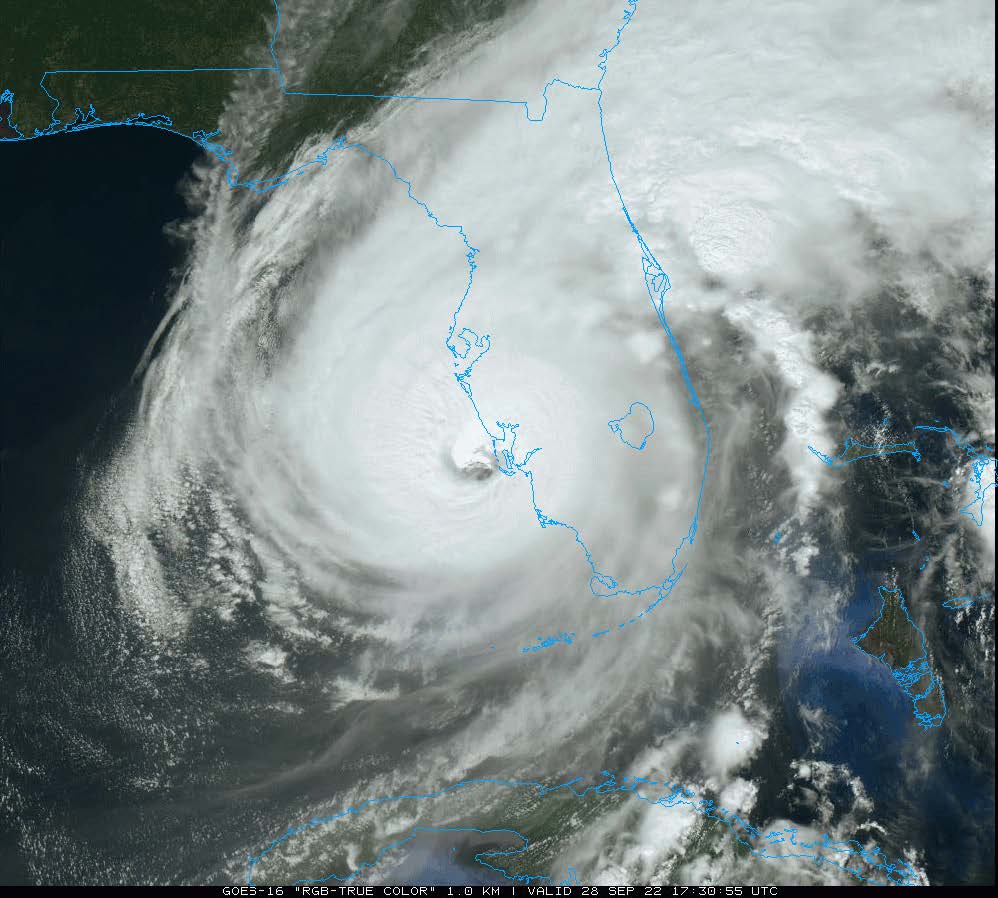Special Powers of an Association During an Emergency

Florida is no stranger to emergencies. Hurricanes, tornados, floods, and heatwaves all plague our state with regularity. Oftentimes when one of these disasters strikes, a board needs to act quickly and cannot take the time to formally notice a meeting. Thankfully the Florida Legislature has carved out special powers for condominium associations and homeowners associations so they can effectively navigate through the fraught aftermath of an emergency.
Sections 718.1265 and 720.316, F.S., for condominiums and homeowners associations, respectively, are nearly identical in their listed emergency powers. Both statutes are triggered when there is “damage or injury caused by or anticipated in connection with an emergency” declared by the Governor. “‘Emergency’ means any occurrence, or threat thereof, whether natural, technological, or manmade, in war or in peace, which results or may result in substantial injury or harm to the population or substantial damage to or loss of property.” Section 252.34, F.S. This definition is as broad as possible to be sure any situation can be accounted for.
The Governor may formally declare an emergency by executive order or proclamation and such a declaration can only be in place for a maximum of sixty (60) days unless renewed by a new executive order or proclamation. Typically, these executive orders or proclamations will be limited in geographic scope, specifying certain counties which have been impacted by a disaster. Emergency orders can last far beyond their initial sixty (60) day term, however, stretching out longer than most unaffected Floridians will even think of the disaster. For example, the declaration of emergency for Hurricane Ian, which made landfall on September 28, 2022, has been renewed every sixty (60) days through at least June 27, 2024.
For community associations intending to exercise emergency powers it is important to verify that (1) the geographic scope of the Governor’s emergency order includes the association’s location and (2) the emergency order upon which the association intends to rely is still in effect (either within the initial sixty (60) day window or within a subsequent renewal period).
The emergency powers authorized by statute for both condominium associations and homeowners’ associations include the ability to:
- Conduct meetings by telephone or videoconferencing;
- Cancel and reschedule meetings;
- Designate “assistant officers” who can step in if an officer is incapacitated;
- Relocated or designate an alternative principal office;
- Enter into agreements with counties and municipalities to assist with debris removal;
- Implement a disaster or emergency plan (advance shut off of elevators, utilities, etc.);
- Based upon the advice of emergency management officials or public health officials, or upon the advice of licensed professionals retained by or otherwise available to the board, determine any portion of the common areas or facilities unavailable for entry or occupancy by owners or their family members, tenants, guests, agents, or invitees to protect their health, safety, or welfare”;
- Based upon the advice of emergency management officials or public health officials or upon the advice of licensed professionals retained by or otherwise available to the board,” determine that common areas or facilities are unsafe to occupy or access;
- Mitigate further damage by contracting for debris removal and appropriate treatment to prevent the spread of fungus, mold, or mildew;
- Levy special assessments without the vote of owners, even if doing so is specifically prohibited by the association’s governing documents;
- Borrow money without owner approval to fund emergency repairs and to cover association operation.
The most important emergency power unique to condominium boards is that they can “[r]equire the evacuation of the condominium property in the event of a mandatory evacuation order in the locale in which the condominium is located.” If owners or occupants fail to evacuate, the association is immune from liability for damage or injury stemming from that failure.
It should be clear why these emergency powers are provided for in statute. When hurricane-force winds are expected to batter your community there isn’t always time to get authorization from every owner to install hurricane shutters on condominium windows. When there is an infectious disease quickly passing between hosts it doesn’t make sense to require an in-person meeting. And when most owners have evacuated there is almost never enough time to hold a properly noticed meeting for approval of a line of credit for vital repairs to common buildings. Good board leadership, and lack thereof, tends to be extremely clear during an emergency and a competent board can help an association put itself in the best possible position when facing these kinds of situations.
Many of these statutory emergency powers specifically circumvent limitations on board authority designed to protect owners from boards seeking to exercise too much power. Because of this, it is important for boards exercising these powers to try and limit their actions to responses that are absolutely necessary in light of the emergency at hand. A reckless board can quickly rack up debts which require hefty special assessments, all without ever obtaining the approval from owners that would typically be required.
This article aside, it is important to remember that every association is different and a quick google search cannot replace good legal advice tailored to your community. Maintaining a relationship with an experienced community association law firm will no doubt prove invaluable when your association is inevitably confronted with an emergency.

